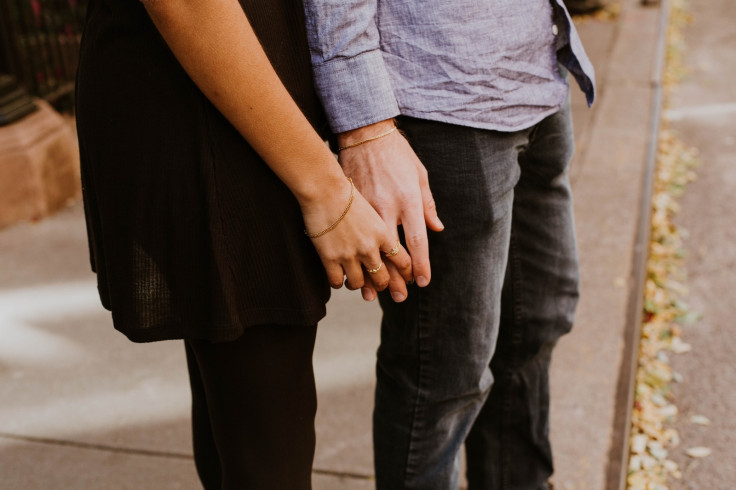That loving feeling: Holding hands with a partner helps reduce pain, says US study
The effect is amplified when the pair holding hands are lovers, or close family members

A helping hand may not be another hackneyed phrase – scientists say that holding hands can help numb pain, especially between lovers.
That is the finding of Dr Pavel Goldstein, a postdoctoral pain researcher in the Cognitive and Affective Neuroscience Lab at the University of Colorado Boulder, who says that empathy can be passed from one person to another by holding hands.
Goldstein adds that empathy helps two people's brainwaves begin to dance in sync, which in turn helps to curb distress and floods the brain with reward chemicals that reduce pain.
The effect is amplified when the pair holding hands are lovers, or close family members, say Neuroscientists.
Recent studies have shown that when people sing together, their heart rates and respiratory rhythms synchronise, producing feelings of well-being.
Older studies have demonstrated that newborn babies cope better with being pricked on the heel when they are held by their parents.
The paper by the team led by Goldstein seems to show that merely holding hands between adults can generate empathy and reduce pain.
The scientist said he got the idea when he watched his wife give birth to their daughter four years ago.
Social signals
"My wife was in pain, and all I could think was, 'What can I do to help her?' I reached for her hand and it seemed to help," Goldstein told the Telegraph.
He added: "I wanted to test it out in the lab: Can one really decrease pain with touch, and if so, how?"
The scientists experimented on 22 heterosexual couples between the ages of 23 and 32.
The women were subjected to a mild heat pain on the forearm for two minutes, while their partners either held their hands or sat a little distance away with no contact.
The paper, published in the journal PNAS, reported that holding hands reduced the intensity of the pain by 34% on average.
It also increased the number of connections between both partners' brains from five to 22, across areas involved in co-operation and the senses.
However, it is unclear if men would feel less pain from hand holding, as previous studies suggest they are less receptive to these kinds of social signals.





















